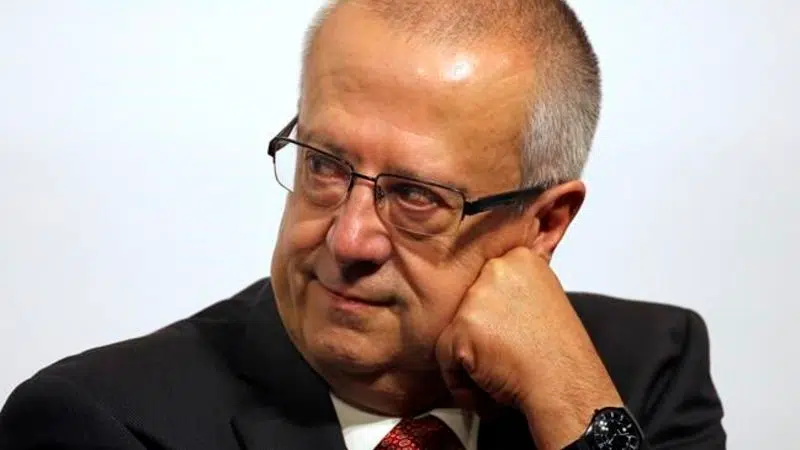
Mexico’s treasury secretary resigns, cites interference
MEXICO CITY — Mexico’s treasury secretary resigned Tuesday, complaining of the appointment of unqualified officials by “influential people in the current administration who have clear conflicts of interest.”
Carlos Urzua, a longtime ally of President Andrés Manuel López Obrador, did not specify who he meant. But his resignation letter suggested that ideology might be involved.
Urzua wrote that economic policy should be “free of extremism, whether that be right or left,” but said “that belief was not reflected” by the administration. He also accused López Obrador of making policy decisions “without sufficient justification.”
Urzua’s resignation came at a sensitive time for López Obrador, who faces threats of tariffs from the United States and downgrades from credit rating agencies.
